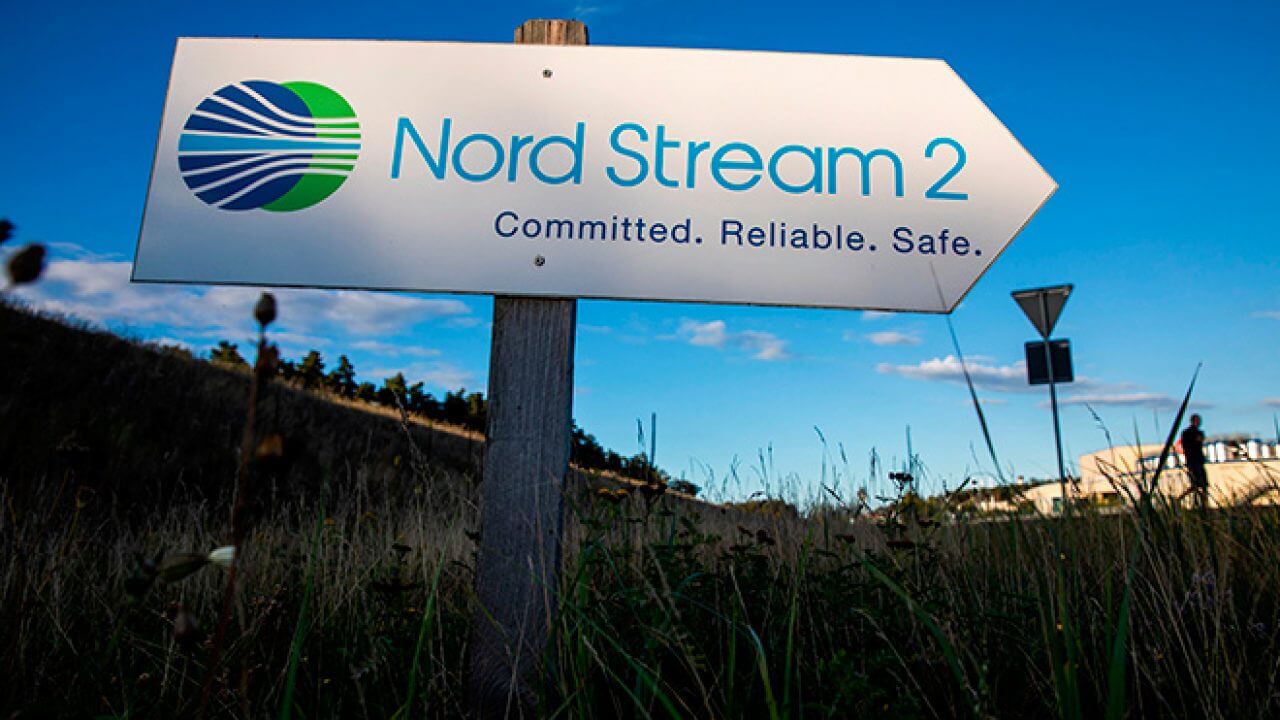Ukraine, Poland, and the European Union (EU) have expressed concerns over the Nord Stream 2 deal between the United States (US) and Germany, calling it “insufficient” to tackle the security threat posed by the Russian gas pipeline.
The US and Germany reportedly reached a deal on Nord Stream 2 that ensures action against Russia if it uses the pipeline as a means to commit aggression against Eastern European nations, including Ukraine and Poland.
However, several Central and European countries, including Poland and Ukraine, fear losing valuable transit fees and increased dependence on Russian gas, which gives the latter more political control in the region. In a joint statement, the Foreign Ministers of Poland and Ukraine said: “This decision has created a political, military and energy threat for Ukraine and Central Europe, while increasing Russia’s potential to destabilise the security situation in Europe, perpetuating divisions among NATO and European Union member states.” They also called for adequate measures from the US and Germany to deal with the security crisis in the region, which solely benefits Russia.
Additionally, in a separate tweet, Poland’s Ministry of Foreign Affairs said that Nord Stream 2 “is a political project that threatens the security of not only Ukraine but also of the EU.” Similarly, Ukrainian Foreign Minister Dmytro Kuleba said, “There is a fundamental problem...It is still unclear to us whether Russia is ready to fulfil its obligations and its part properly when it comes to the energy security of Ukraine and the preservation of Ukraine’s role as a transit state.” Ukraine is also worried about Russia leveraging the deal for more significant political opportunities after the annexation of Crimea in 2014.
Siding with Ukraine and Poland, the EU on Thursday said that the pipeline doesn’t serve the common interest of the bloc. In this regard, a European Commission spokesperson said, “We will discuss this with EU states and our neighbours, including Ukraine.” Meanwhile, some US officials are also concerned about the gas pipeline and the national security threat it poses to the US and its allies.
On the contrary, German Chancellor Angela Merkel welcomed the deal, saying, “The Russian side told me that they do not want to use energy as a weapon.” Merkel said she believes Russia’s stance on the pipeline and assured nations that Germany will not be defenceless against Russia and would use instruments like sanctions to deter the latter from committing aggression. Moreover, Merkel believes that the US-Germany deal is good for Ukraine, since it contains provisions for investment in the country and an extension of the Moscow-Kyiv gas transit agreement. Echoing Merkel’s words, German Foreign Minister Heiko Maas called the deal “constructive” and said, “Germany is back to pursuing our shared goals and convictions jointly with the United States concerning Russia policy and energy policy.”
Furthermore, while welcoming the agreement, Kremlin spokesperson Dmitry Peskov said, “Russia has always been and remains a responsible guarantor of energy security on the European continent, or I would even say on a wider, global scale.”
Nord Stream 2 is an $11 billion gas pipeline that is being built under the Baltic sea to carry gas from Russia to Germany. It will double Russia’s capacity to transport natural gas to Germany by bypassing the regional gas pipelines of Central and Eastern European nations.
Ukraine, Poland, and EU Express Concern Over US-Germany Nord Stream 2 Deal
Ukraine, Poland, and the European Union along with some United States officials expressed concerns over the US-Germany Nord Stream 2 deal, citing increased security threat from Russia.
July 23, 2021

SOURCE: ORF
